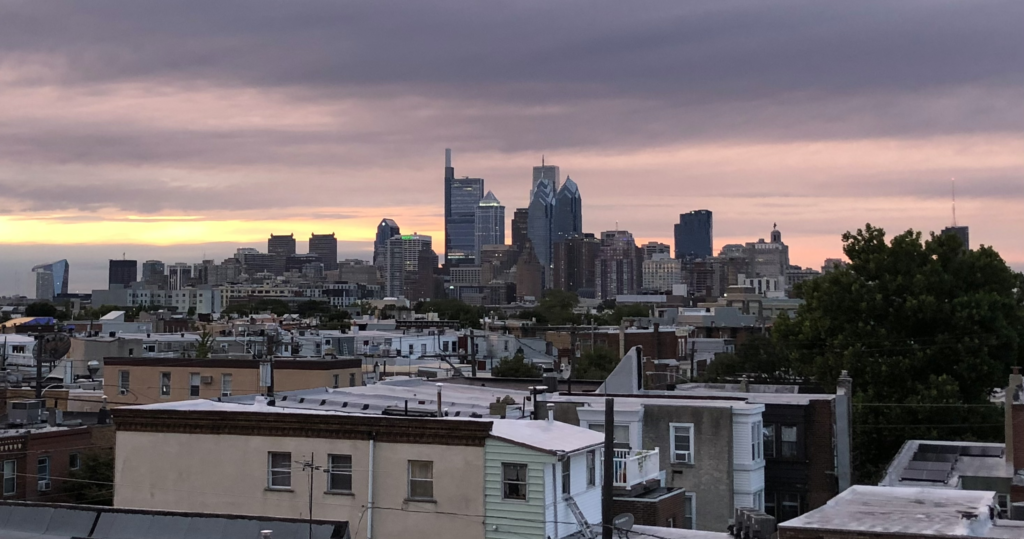Your Imagination
You take your imagination for granted. We all do. We expect that if we close our eyes–or, fine, keep them open and keep reading–and think of a red-eyed tree frog, it will be there. And if you think of the best cannoli you’ve ever had, you might remember what it tastes like. Even blind people can imagine in color, though they might not use the same words we do.
Our imaginations are always with us. They’re a part of us, a real part of us, a projection of the complex neural networks driving your very ability to think, reason, plan that barbecue, pick an outfit, and code data entries. But we are no longer taught how to access the deepest parts of our imaginations because the deeper you go, the longer you want to stay. And that’s not helpful for the industrialists.
If the goal of school is to make hard-working consumers, a natural byproduct is the cultural desensitization to our innate imaginative capacities. Sitting in rows and drilling algebra problems promotes linear thinking. Your imagination is linear at times but mostly directionally confused–curved, bent, windy, cyclic, repetitive, traumatic, exponential, scary. More than that, explaining what’s going on in your mind is, well, almost impossible. That’s what I think makes a good writer.
Good writers can explain their imaginations in ways ordinary people–which is most of us, stop thinking you’re so special–can understand. They use metaphors and emotional turns of phrase to help us know, feel, and experience their minds, what they see when they close their eyes. It’s scary, going into someones mind. That’s why a good writer makes you feel safe but courageous, confident you know where you are while encouraged you want to go further this time, into the darkness that few imaginations have gone before. Good writers can break the Overton windows that keep our minds at bay and burst into new realms of consciousness, realms that might be worth staying in.
That’s exactly why there’s no such thing as a good writer. We’re all bad writers because we can never accurately explain what we imagine. We can only get close with a metaphor that rhymes with our thoughts.
No, there are no good writers. And if there are, they don’t waste their time trying to write. They become artists.
